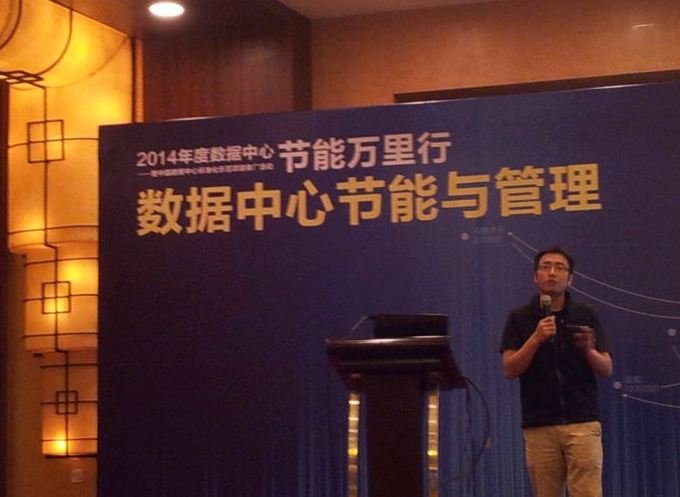Energy costs in China could hinder or help the success of the nation’s cloud computing industry, according to internet company Tencent’s senior data center architect and member of the China Data Center Committee (CDCC) Zhu Hua.
Speaking at the 2014 China Data Center Energy Saving event, hosted by CDCC recently, Zhu said power prices will directly influence the cost of data center services, including cloud.
“As energy cost accounts for a very large part of data center’s operation and maintenance cost, power cost will directly affect the price of information products, and competitive energy pricing is where the competitive advantage of internet companies lies,” Zhu said.
“Major internet players in China including Baidu, Alibaba and Tencent have dropped prices for their cloud offerings by 42% to 65%, with cloud storage services which have a high recycled rate dropped the most.”
Energy prices in China, however, have been rising.
“State Grid, Shanghai Grid for instance, announced an energy price rise notice, and the average power price nationwide increased by 10% on average [last year],” XZhu said.
“PetroChina is also increasing its oil prices. Increases in energy cost have become an undeniable and entrenched feature in China.”
He said this can have a major effect on the price of services offered.
“For instance, for a data center with 100,000 servers, if electricity price drops 0.1CNY/kV or PUE (power usage effectiveness) by 0.1, it will help the data center to save 12m CNY cost each year,” Zhu said.
“If the electricity price drops 0.3CNY/kV, it will help the data center to save 36m CNY cost. Such savings will be transferred to information products, thus reducing the price of such offerings.”
Zhu said in West China where energy supply is abundant, the electricity rate can be as low as 0.35 CNY/kV; however, in China’s coastal areas in the East, the electricity rate can be as high as 1 CNY//kV on average.
“If we can build our data centers in the West, we can save lots of power cost,” Zhu said.
The energy-intensive West is also where clean energies are concentrated in China.
Zhu said he has been impressed by the scale of photovoltaic panels and wind generation devices recently witnessed on a trip to the Ningxia Hui Autonomous Region.
“I once only saw such scale of photovoltaic panels in the US. I am amazed to learn that Ningxia’s clean energy ratio - including solar power and wind power - accounts for more than 50% of its total energy supply,” Zhu said.

